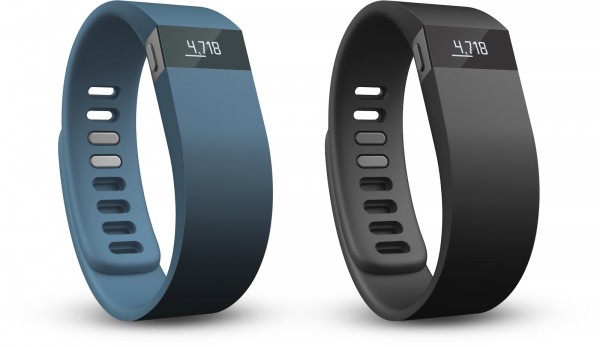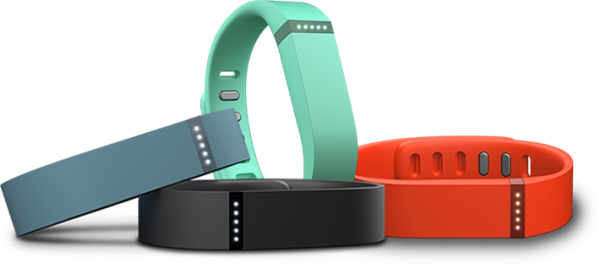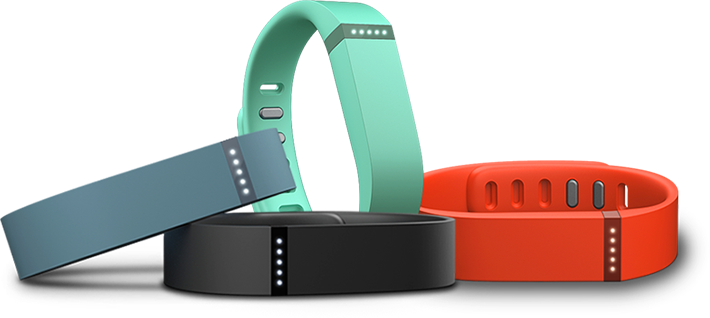
The land of litigation is at it again. A man from Florida, USA is suing Fitbit for allegedly misrepresenting the accuracy of the sleep tracking feature in its fitness bands. The suit claims that the devices overestimate the amount of sleep an individual has by more than an hour, which could potentially be dangerous for people relying on the information.
James Brickman, a Fitbit user since 2013, is citing a study from 2012 that found Fitbit devices overestimating sleep time by around 67 minutes. At least when compared to measurements done with polysomnography, which is the most accurate method available to sleep scientists.
The suit claims that Fitbit misleads customers by presenting the data as exact time and percentages. It goes on to state that the sleep tracking function is so inaccurate that it cannot possibly inform the user of their sleep habits and that letting users think that they are sleeping an extra hour could cause health issues in the long run.

However, it should be pointed out Fitbit already has a disclaimer about the accuracy of data. The fitness bands product information page informs users that the wearable is not a medical device and should not be use to diagnose, cure, or prevent any disease. Which likely means that Brickman has simply failed to read the documentation packed with his fitness band (to be fair, nobody really does).
It is difficult to say how many people actually use the sleep tracking feature on wearables to adjust their sleeping habits. Most would rather not have to wear their fitness bands to bed in the first place. Maybe it would have been a better idea for Brickman to adjust his sleep patterns according to how tired he is, instead of waiting for technology to tell him to get more sleep.
[Source: Ars Technica]
Follow us on Instagram, Facebook, Twitter or Telegram for more updates and breaking news.



